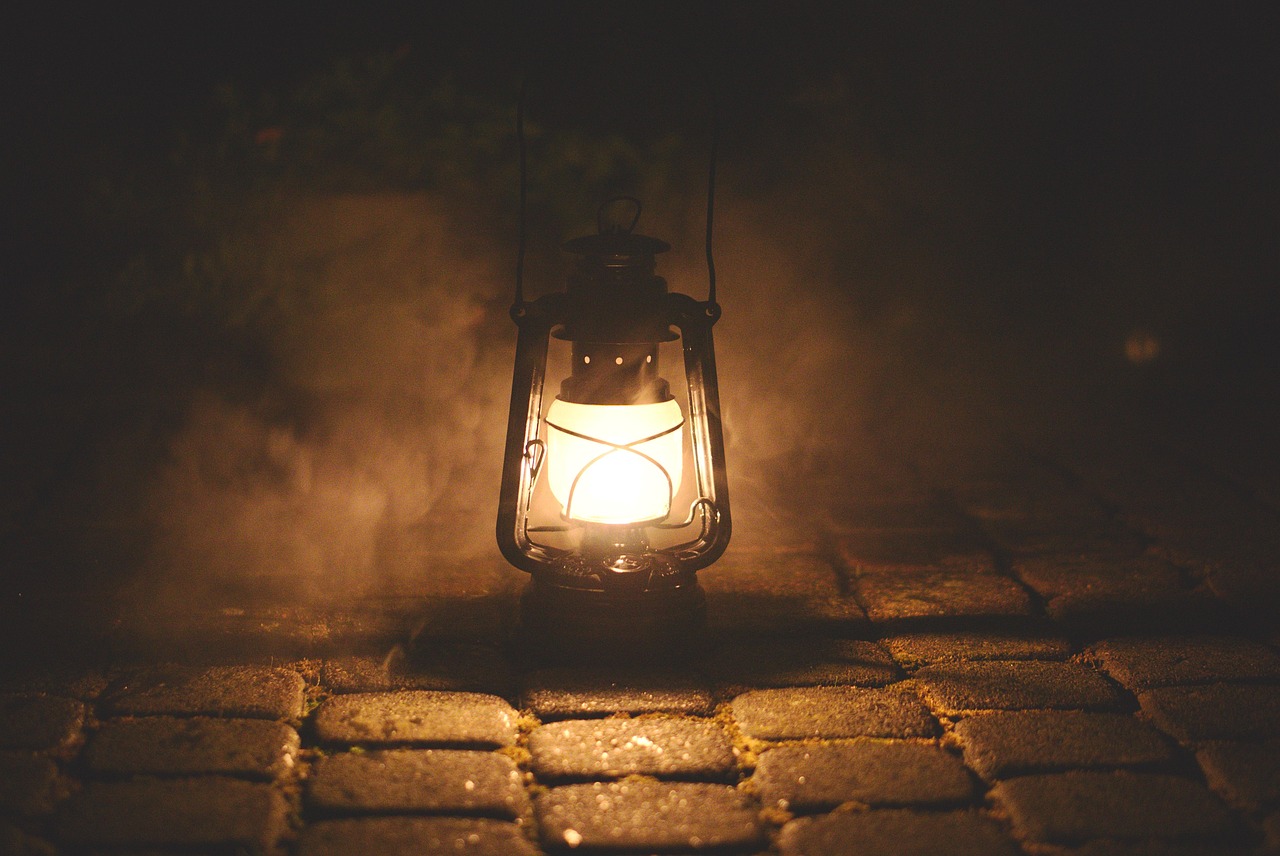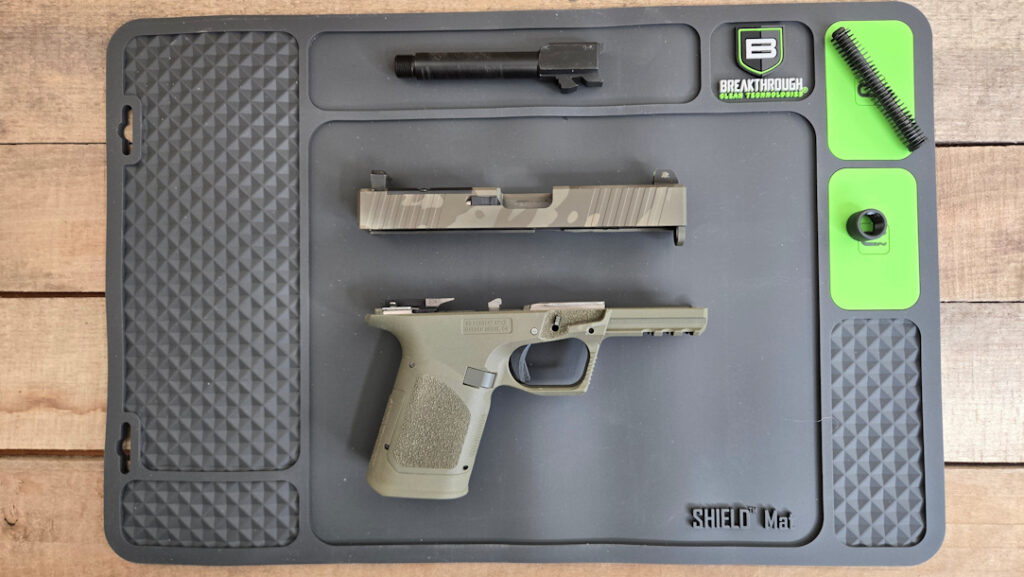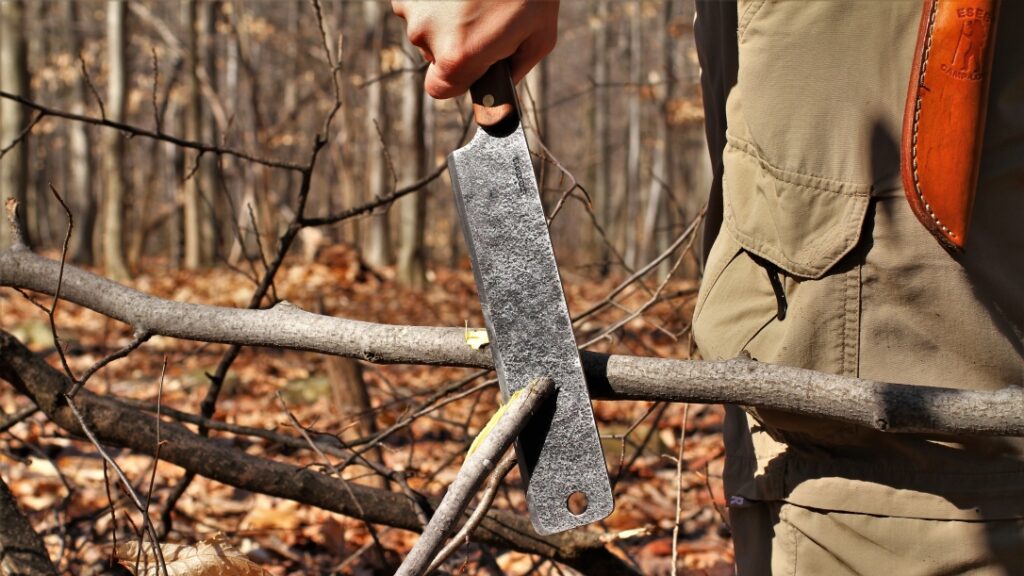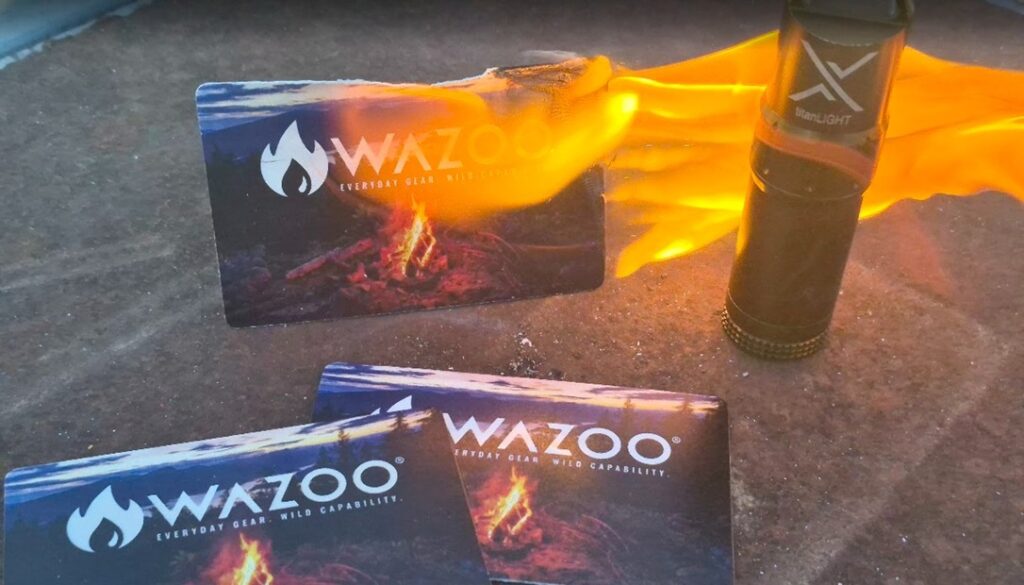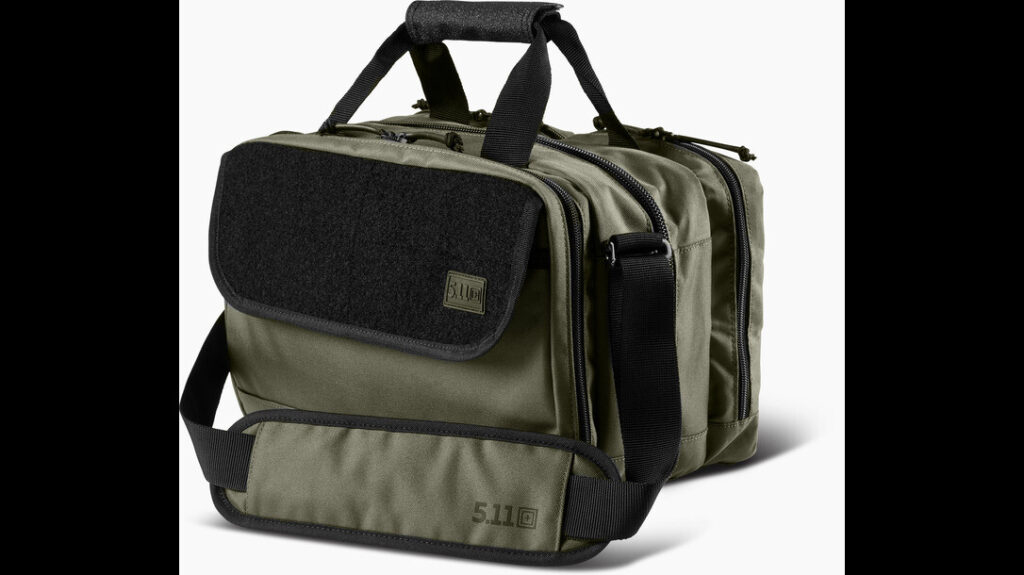Power outages are a risk in every season. Storms can bring down power lines in summer or winter. Car accidents damage poles and lines year-round. While most power outages are resolved in a matter of hours, there are cases where they last a bit longer. Extended bouts of bad weather will put a damper on utility companies restoring power quickly.
Preparing for a Power Outage
In some situations, you may be stuck at home for the duration of the outage. If the storm is bad enough to bring down power lines, it probably isn’t wise to go out driving in it. On top of that, if the outage is widespread, stores, motels, and other businesses may be closed anyway.
With all of that in mind, it’s good practice to be prepared for power outages.
Advertisement — Continue Reading Below
Power Generation During Power Outages
Investing in a generator is often the first line of defense. There are several different options, from small, portable models to whole-house generators that are permanently installed. The chief considerations are your minimum power needs and your budget. If you have a family member who relies on some sort of medical equipment, such as ventilators or infusion pumps, it may be absolutely essential to be able to provide some level of power during an outage.
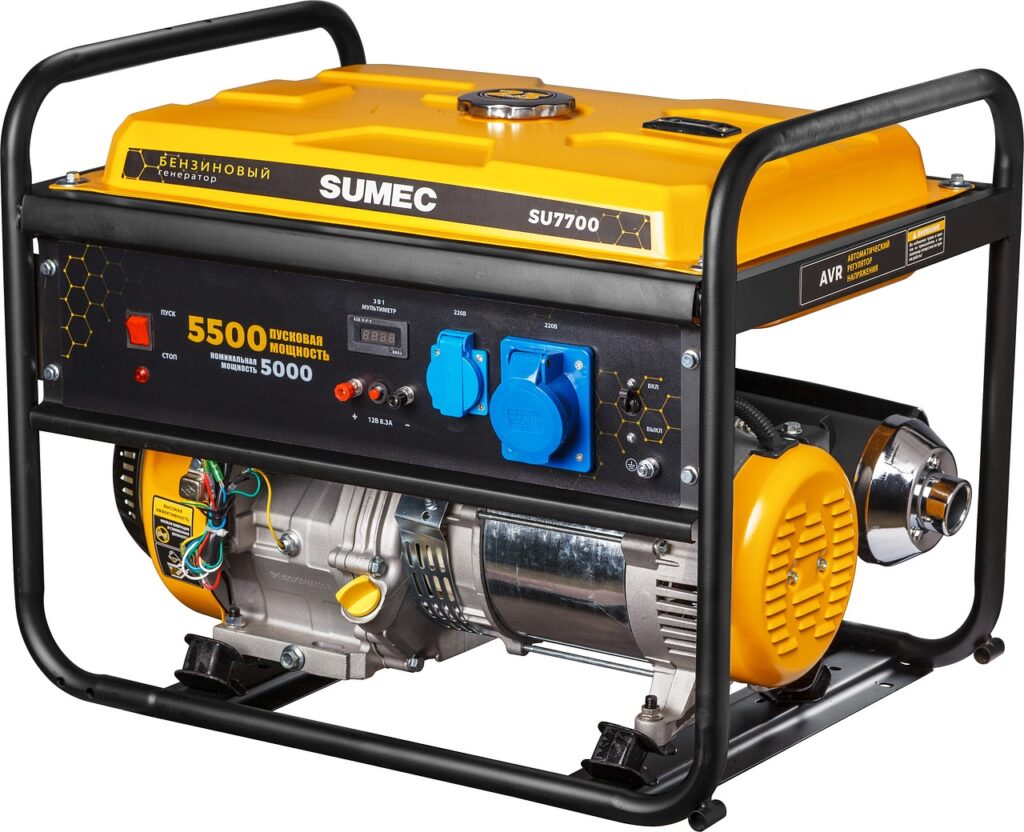
If you opt to purchase a generator, ensure you have enough fuel to run it for at least a couple of days. Bear in mind that you likely won’t be running it 24 hours a day, though. Don’t run gas-powered generators indoors, as they also generate carbon monoxide in addition to electricity. Don’t park them right outside an open window either, for the same reason.
Advertisement — Continue Reading Below
A portable power station that you can charge via a solar panel isn’t a bad option to consider. You can use them indoors, and the fuel is free.
Fridge and Freezer During Power Outages
As a general rule of thumb, the contents of your refrigerator will be safe for about four hours after the power blips off. At that point, food will start to degrade. The stuff in the freezer will be good for 24-48 hours before things begin to melt.
These time frames are very contingent upon how full the appliances are at the time. The more empty space there is, the faster the interior will warm. A great way to mitigate this is to freeze bottles of water and keep them in the freezer. They’ll help take up empty space as well as keep the interior colder longer in a power outage. Move some of them to the refrigerator if needed.
Advertisement — Continue Reading Below
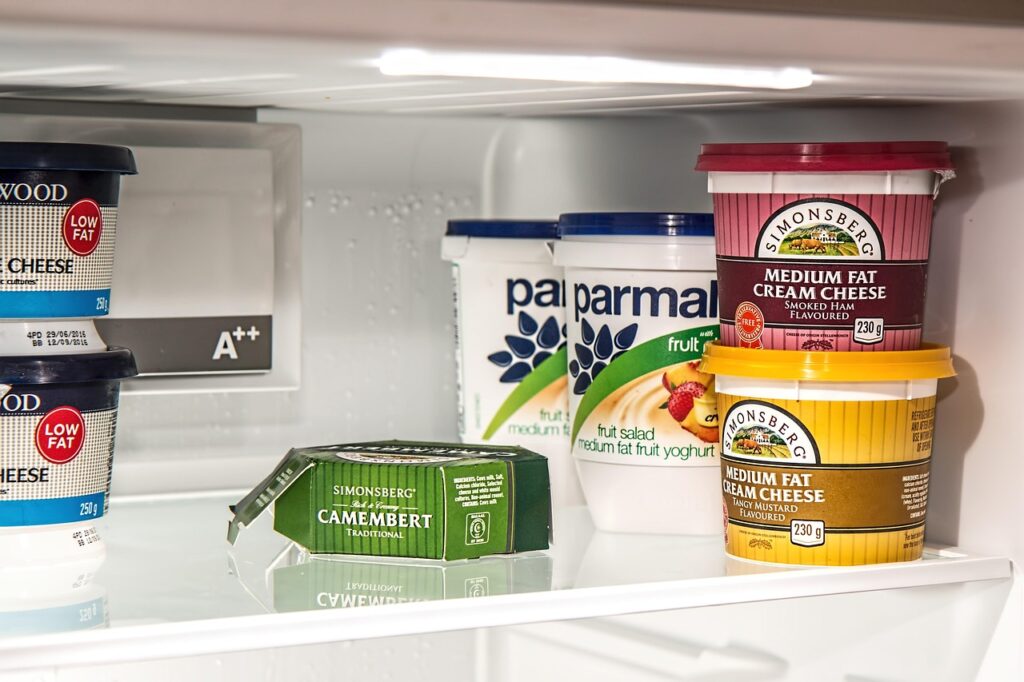
Of course, the more frequently you open the fridge and freezer, the more cold air you’re letting escape. Keep them closed. Consider putting a blanket over them to further insulate them, too.
Any perishables that have been at or above 40°F for two hours or more should be tossed. Anything that looks or smells off should be trashed as well. This isn’t something you want to gamble on, as intestinal issues from eating food that’s gone bad aren’t a fun time.
Advertisement — Continue Reading Below
Illumination During Power Outages
I keep flashlights stashed in several rooms around the house. While this isn’t absolutely necessary, it’s not a bad idea. You don’t know where you’ll be and what you’ll be doing when the power goes out. Knowing you don’t have to stumble far to find a light is a good thing. My preferred brand for portable illumination products is Streamlight. I own a ton of them and they’ve never let me down.
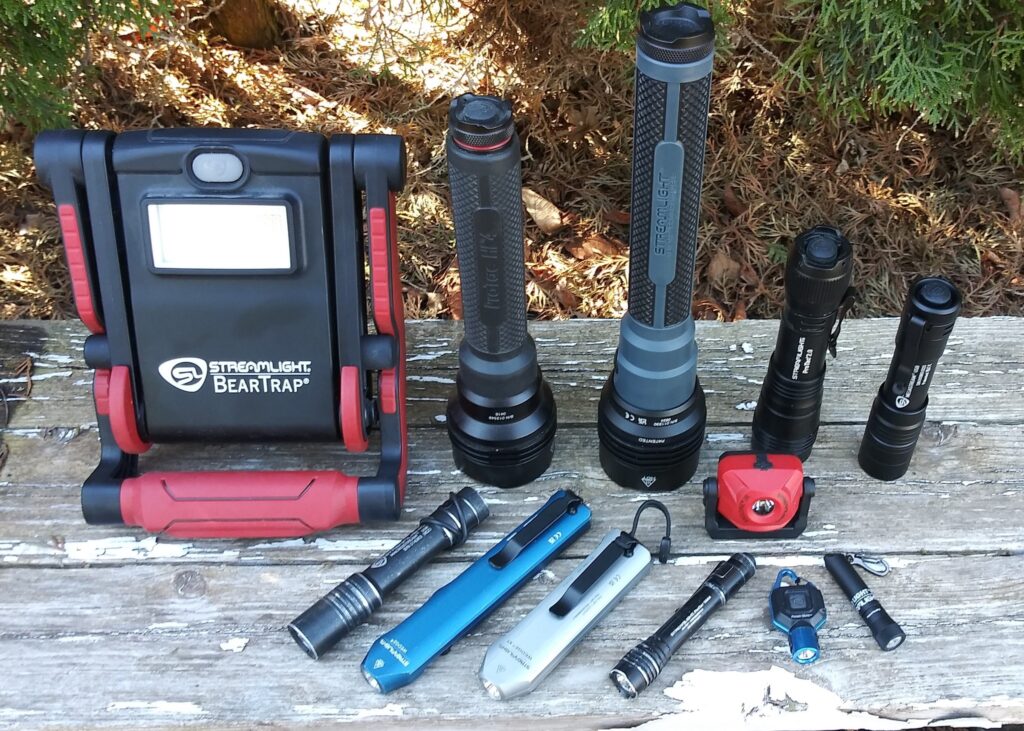
There are several other emergency illumination tools on the market today, from lanterns to solar lights. Be very careful with anything that utilizes a flame, such as a candle or an oil lamp. Put them in safe places so there’s no chance they’ll be knocked over or set something else ablaze.
Advertisement — Continue Reading Below
Play around with a few different lighting options and find what works best for your situation. The important thing is to have at least a few of them on hand in case of power outages.
Power outages can be mere inconveniences with a few preps in place.
